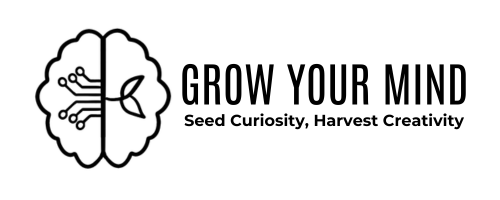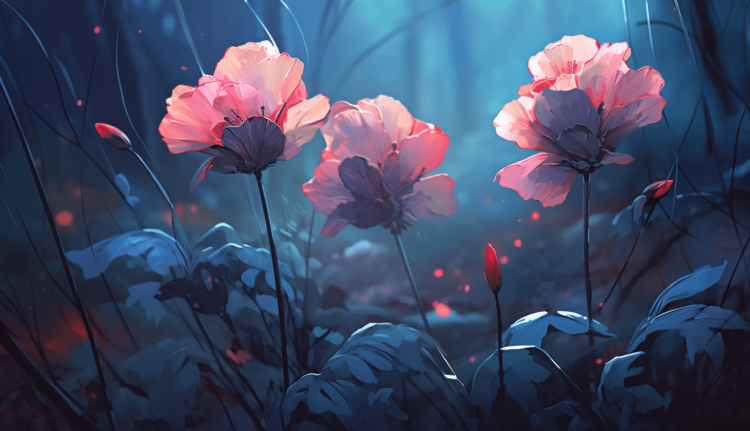Have you been intrigued by the idea of digital note-taking or mind gardening in the past but intimidated by complex, multi-app workflows? If so, you’re not alone.
It can feel daunting trying to get started. And until you have a substantial number of linked notes, it’s hard to see the enormous value that’s to come.
But starting your own mind garden doesn’t have to be a difficult or time-consuming task.
Just keep your note-taking system to four simple steps.
- Choose a Tool for Thought
- Create a new note for anything you want to remember (Seeds)
- Expand the notes you want to keep (Evergreens)
- Link Your Notes Together
The key is to focus on writing and linking your notes until you have cultivated a collection of 50–100 notes. Advanced organizational structures like folders, tags, and MOCs can evolve naturally as your garden grows.
If you already have a collection of notes but feel they’re a bit chaotic, don’t stress it. We’ve all been there. Consider keeping your preexisting notes in a separate folder and gradually importing them as they become relevant.
And for those of you who already have an efficient note-taking system in place, you probably don’t need this article at all. But hey, it’s always good to revisit the basics from time to time. 😉
Choose a Tool for Your Mind Garden
The first step is to select your note-taking tool. Many people get stuck on this step and jump from platform to platform without ever truly focusing on their notes.
The truth is, the tool that you choose is much less important than having a reliable system of note-taking.
Look for a platform that supports bi-directional linking so that you can see the backlinks for each note.
I recommend Obsidian for a variety of reasons.
Once you’ve chosen your tool, create a folder called “Seeds” to house all your initial notes.
If you need more help getting started with Obsidian, Nick Milo’s introduction video is fantastic.
Plant New Seeds of Knowledge
As you go about your day, you’ll encounter moments of inspiration, whether it’s from conversations, podcasts, books, articles, or newsletters. Whenever something surprises or resonates with you, create a new seed note immediately.
If you’re on the go, use a note-taking app on your phone or carry a small notebook. The key is to get those ideas into your digital mind garden as soon as possible.
Nurture Seeds into Evergreens
The magic of note-taking lies in nurturing your seeds into evergreen notes.
Set aside dedicated time to go through your seed folder and process those raw thoughts and ideas.
You can use these prompts to start taking notes immediately:
- If you didn’t before, write about why you made the note. What resonated with you? Why was it surprising?
- What is your understanding of the concept at this time? You may want to do a little free writing here to make sure you get all of your thoughts about the idea down.
- Create a metaphor or analogy for the concept. Connecting the new information to concepts you already understand will help cement it in your memory.
Nurturing your notes is an ongoing process. Your notes are never finished because you can always learn something new that may change your perspective or add to your insights.
If you don’t want to start with a completely blank slate, you can begin your curation with a set of foundation notes. You may have a few concepts that will be essential to your mind garden. They don’t need to start as seeds, they’re already evergreen.
Create a new note for each. Write what you know about it and why you added it to your garden / why it’s significant to you.
Link Evergreens Together to Grow Your Mind Garden!
As your evergreen notes grow, the real power of your digital mind garden lies in their interconnections. This is what will make your mind garden a lifelong source of creative ideas.
While some advice might suggest embedding links contextually within the note’s content, don’t hesitate to add related links at the top or bottom of your notes if they don’t naturally fit within the main writing.
The links themselves matter much more than their form.
Now, go forth, young knowledge worker, and cultivate a flourishing garden of knowledge and ideas.
And always remember to enjoy the process!

